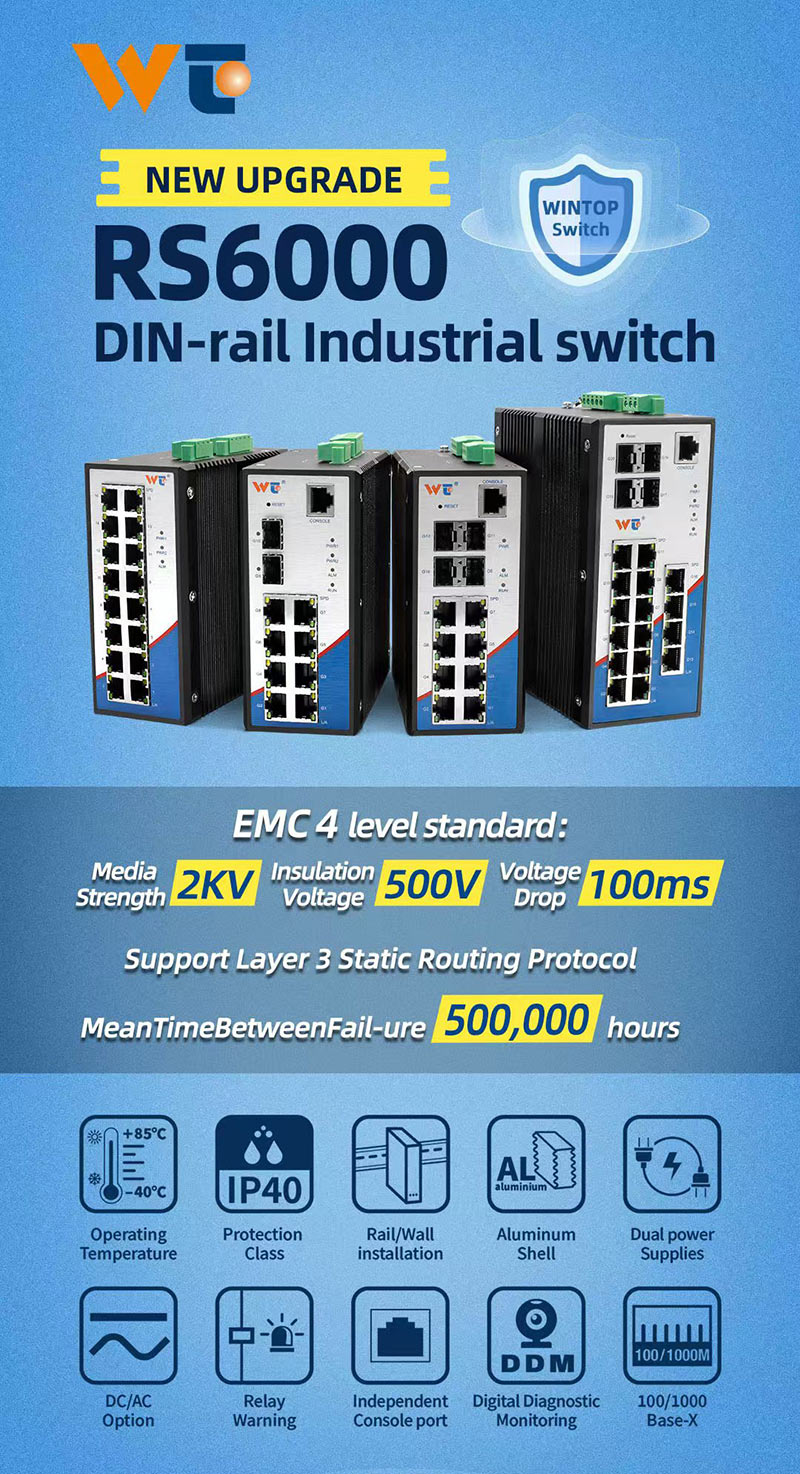Exploring the Evolution of Industrial Wireless Switches
In the ever-evolving landscape of industrial automation, the role of industrial wireless switches has emerged as pivotal, revolutionizing the way operations are managed and monitored across various sectors. These robust devices represent a significant advancement over traditional wired counterparts, offering unparalleled flexibility, efficiency, and reliability in industrial environments.
Understanding Industrial Wireless Switches
Industrial wireless switches are specialized devices designed to facilitate seamless communication and control within industrial networks without the constraints of physical cabling. They leverage advanced wireless technologies such as Wi-Fi, Bluetooth, or proprietary protocols tailored for industrial applications. This enables them to connect and interact with a wide array of industrial equipment, machinery, and control systems.
Key Features and Benefits
The allure of industrial wireless switches lies in their diverse range of features and benefits tailored to meet the stringent demands of industrial automation:
- Flexibility and Mobility: Unlike their wired counterparts, industrial wireless switches empower operators and engineers with the freedom to deploy and relocate devices swiftly, optimizing operational layouts and adapting to changing production needs effortlessly.
- Scalability and Integration: These switches are designed to seamlessly integrate into existing industrial networks, supporting various protocols and communication standards. This scalability allows for incremental expansions and upgrades without disrupting ongoing operations.
- Resilience and Reliability: Built to withstand harsh environmental conditions including extreme temperatures, humidity, and electromagnetic interference, industrial wireless switches ensure uninterrupted operation critical for mission-critical applications.
- Enhanced Security: Advanced encryption protocols and security features mitigate risks associated with wireless communication, safeguarding sensitive industrial data and ensuring compliance with stringent industry regulations.
- Remote Monitoring and Management: Leveraging IoT capabilities, industrial wireless switches enable real-time monitoring and remote management of industrial processes, enhancing operational visibility and facilitating proactive maintenance strategies.
Applications Across Industries
The versatility of industrial wireless switches extends across a spectrum of industries:
- Manufacturing: Optimizing production lines, enabling predictive maintenance, and facilitating agile manufacturing processes.
- Oil & Gas: Monitoring remote sites, enhancing safety protocols, and ensuring reliable communication in hazardous environments.
- Transportation: Streamlining logistics operations, improving fleet management, and enhancing connectivity in transportation networks.
- Utilities: Monitoring and controlling critical infrastructure, enhancing grid reliability, and enabling smart metering solutions.
Future Trends and Innovations
Looking ahead, the evolution of industrial wireless switches continues to be driven by advancements in IoT, artificial intelligence, and edge computing. Future iterations are poised to deliver even greater efficiency, interoperability, and autonomy, further blurring the boundaries between physical and digital realms in industrial automation.
Conclusion
In conclusion, industrial wireless switches represent a transformative innovation in the realm of industrial automation, offering unparalleled flexibility, resilience, and connectivity essential for navigating the complexities of modern industrial environments. As industries embrace digital transformation, these devices will undoubtedly play an increasingly pivotal role in driving efficiency, productivity, and operational excellence in the years to come.
